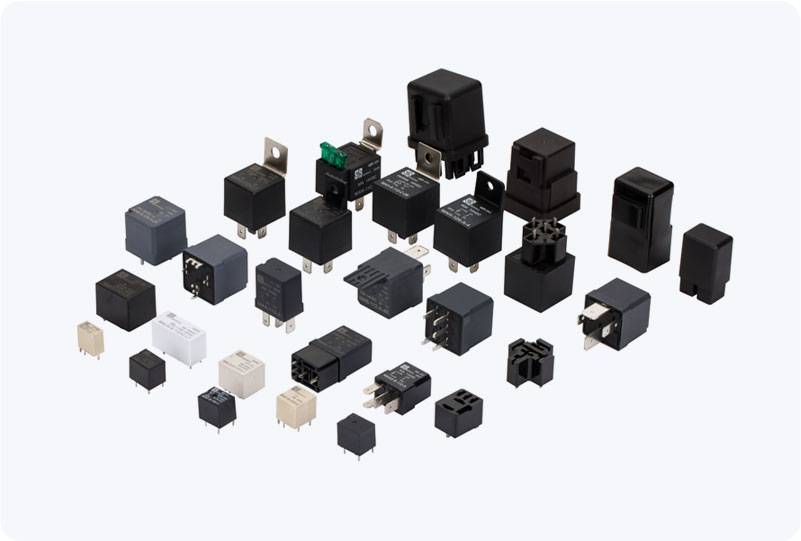The development of New Energy Vehicles (NEVs) has revolutionized the automotive industry, shifting the focus toward sustainable and eco-friendly transportation. As electric vehicles (EVs), hybrid vehicles (HEVs), and plug-in hybrid vehicles (PHEVs) become increasingly popular, ensuring their safety becomes a paramount concern. This is where the concept of System Safety Requirements (SSR) for New Energy Vehicles comes into play. SSR for NEVs is a set of standards designed to address the unique safety challenges posed by these advanced vehicles. These safety requirements cover various aspects, including battery safety, electrical safety, crashworthiness, thermal management, cybersecurity, and the safe integration of autonomous technologies.

Battery Safety: The Heart of NEV Safety One of the most critical safety components in NEVs is the battery. Most NEVs rely on lithium-ion or similar advanced battery technologies, which, while efficient, can pose significant risks if not properly managed. Thermal runaway, fire, and leakage are some of the primary concerns. SSR for NEVs includes rigorous testing standards for batteries, such as thermal stability tests, overcharge protection, short-circuit resistance, and high-voltage insulation integrity. Moreover, the design of the battery management system (BMS) plays a crucial role in ensuring safe charging and discharging cycles, thus minimizing risks to the vehicle and its occupants.